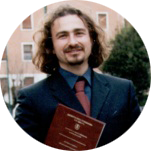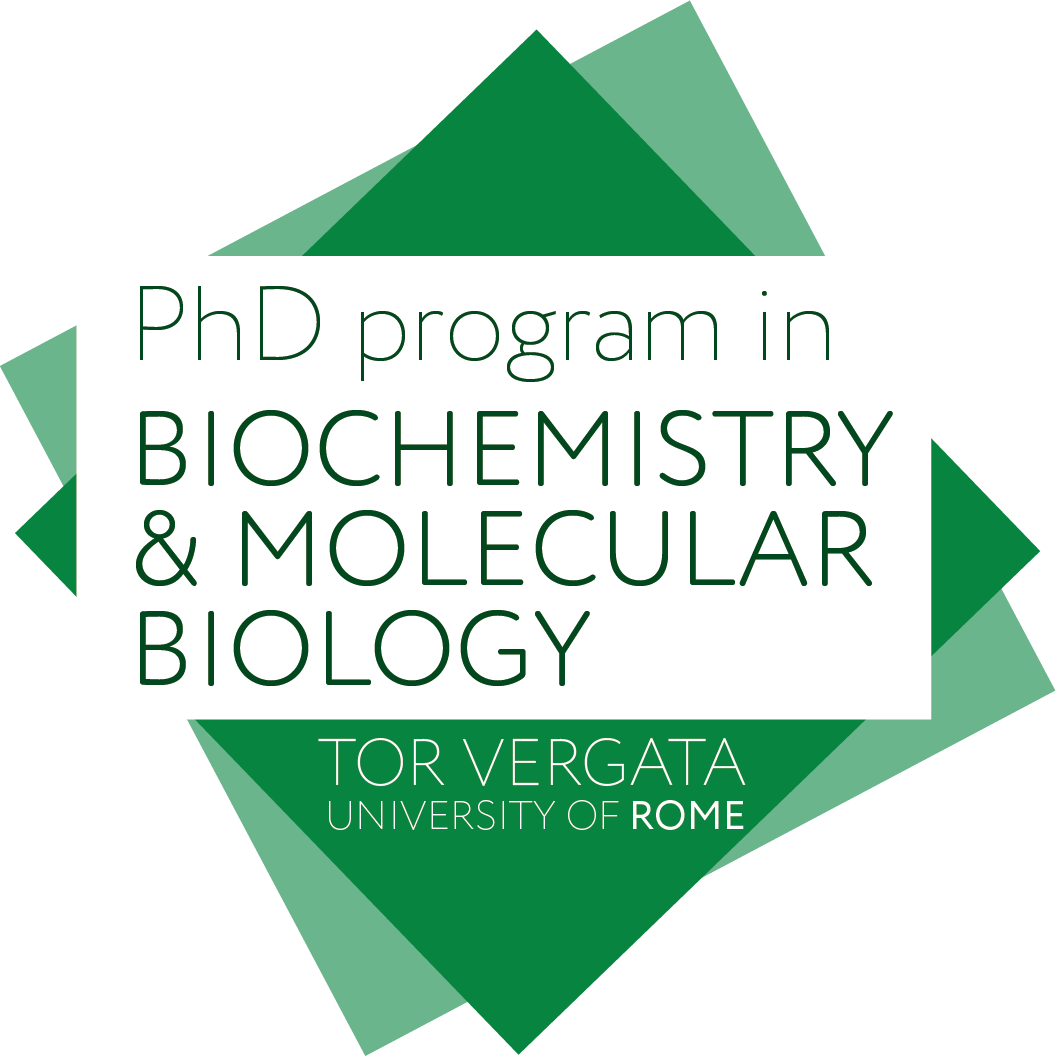< Back to Faculty
Prof Alessandro Terrinoni

Tel: +39 06 20902362
Email: alessandro.terrinoni@uniroma2.it
Office:
University Hospital
University of Rome “Tor Vergata”
Via Montpellier 1 – 00133 Rome | Italy![]() ORCID |
ORCID | ![]() Scopus
Scopus
Short biographical sketch of Prof Alessandro Terrinoni
Prof Alessandro Terrinoni graduated in Biology at University of Rome La Sapienza (1993) and in Science and Human Nutrition at University of Rome Tor Vergata (2005) and he got his PhD at University of Rome Tor Vergata (2001). Prof Terrinoni spent time working in Dundee (Prof Irwin Mclean), London (prof Martin Raff), University of Leicester, MRC Toxicology Unit Hodgkin Building (prof. Pierluigi Nicotera). At the scientific level he has worked on cell death, in cancer and dermatological models. It worked on the p53 family, in particular on p63 and p73, of which he identified part of the mechanisms of cell death, of gene transactivation, the biochemical degradation pathways, inhibitors of proteosomal degradation, the physiological regulatory mechanisms (using transgenic mouse models developed in his laboratory). He also identified the biochemical mechanisms of death of keratinocytes in in vitro skin (role of transglutaminase and their substrates) and in vivo, developing transgenic mice and studying human pathologies. This latest research has led to the identification of a new genetic disease and the discovery of the molecular cause of other genetic diseases of the skin. In particular: (1) unilateral palmoplantar verrucous nevus, new genodermatosis described in OMIM (144200), (2) Marie Unna Hereditary Hypotrichosis (OMIM 146550). He developed vectors for the creation of transgenic animals with miR expression selectively in the epidermis (miR24). He developed the system with luciferase for the analysis of the effect of MiR217 on the 3rd minute of Sirt-1. Currently in the Clinical Biochemistry laboratory he also deals with the role of some miR in the differentiation of myocytes, colorectal cancer (CRC) and in their analysis in liquid biopsy of CRCpatients.
See a full CV of Prof Alessandro Terrinoni.
< Back to Faculty
